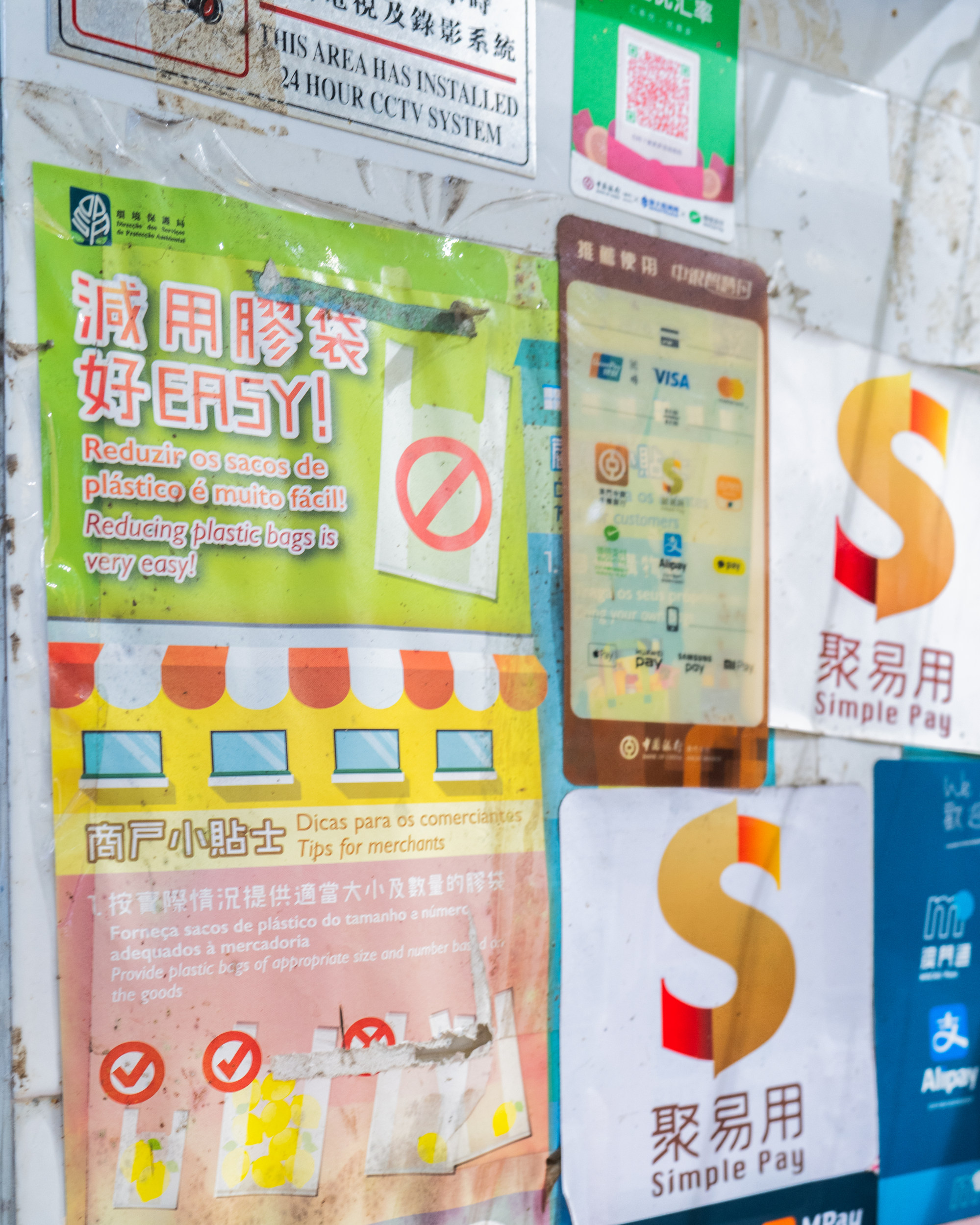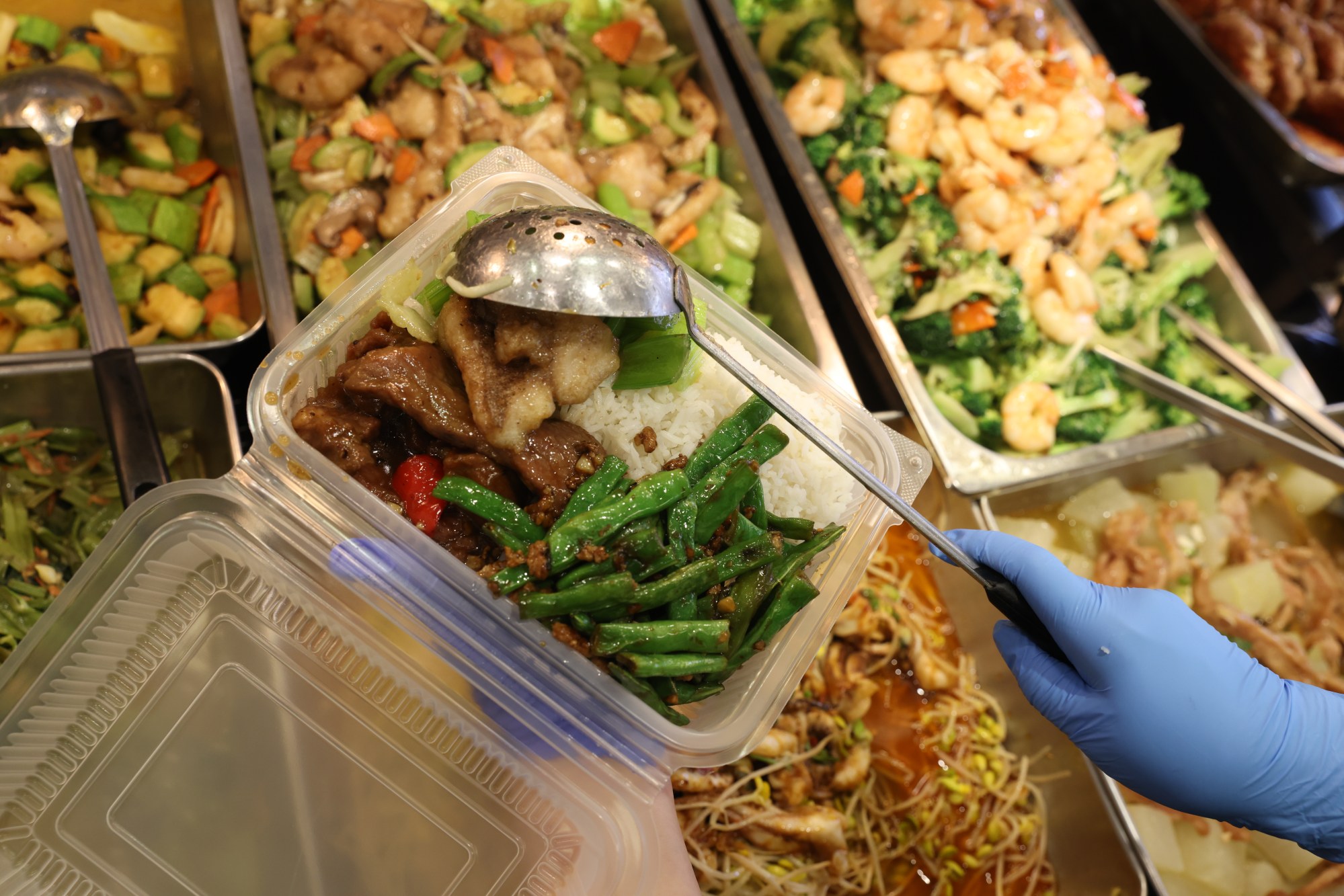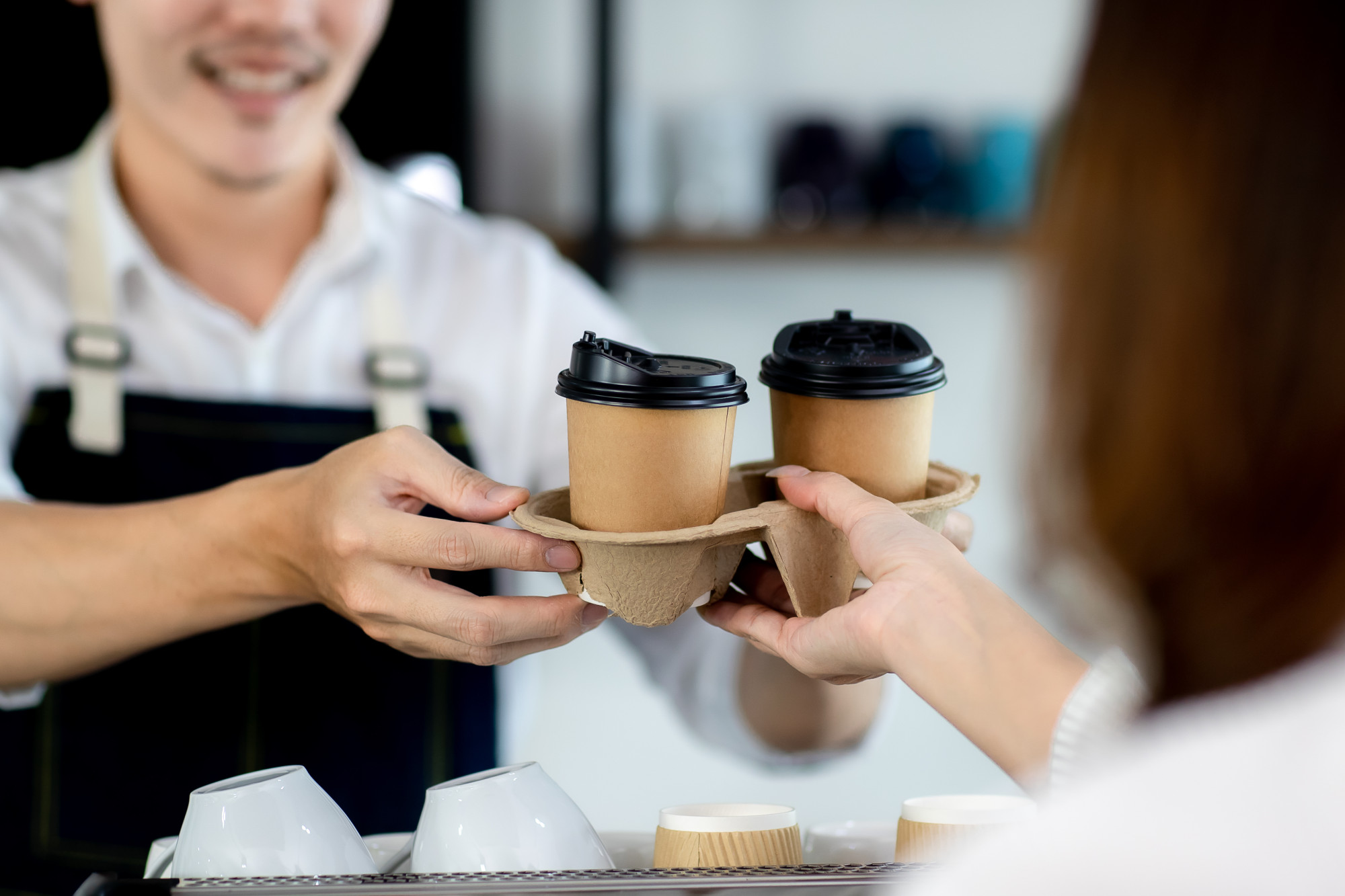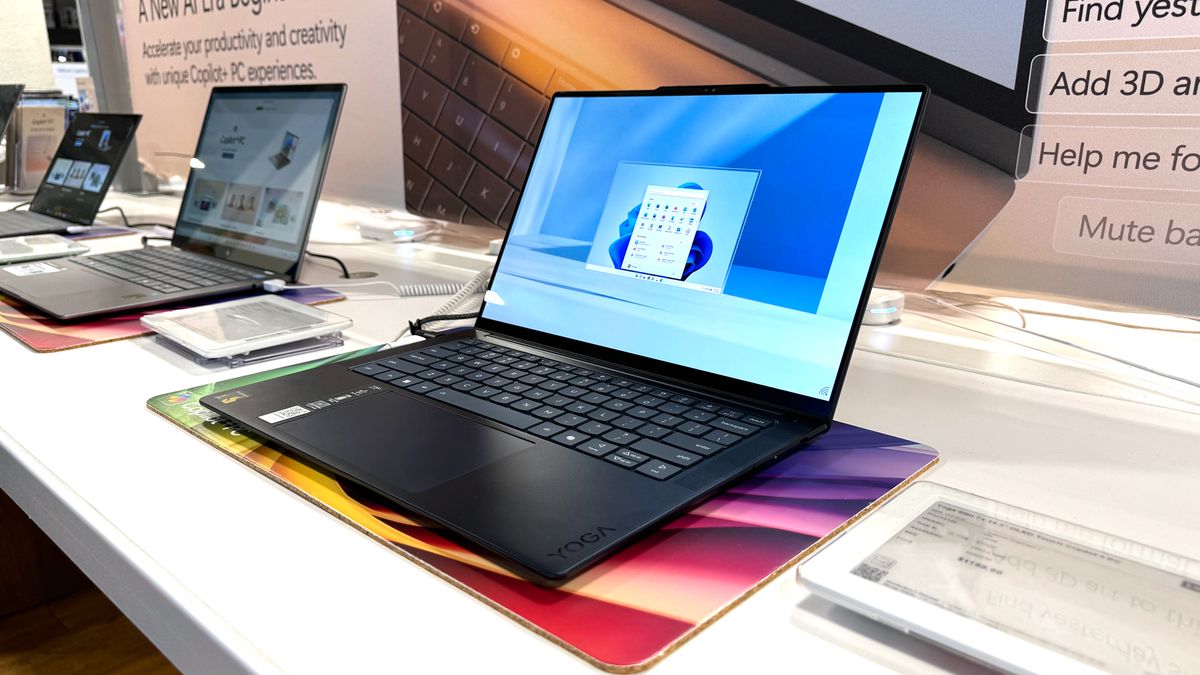
“Macau has taken a progressive and step-by-step approach over the past three years,” says Angus Ho, executive director of the nonprofit organization Greeners Action.
“Every time they expand the scope of the ban. Hong Kong is lagging a bit behind, having introduced similar measures only this year.”

The latest regulations further restrict the import of plastic due to the negative environmental impacts associated with its life cycle, says Tian Yihui, deputy dean of the School of Business Administration at the City University of Macau.
“From production to use to final disposal, non-biodegradable plastics impact ecosystems, public health and marine life, cause littering, clog waterways and pose a threat to wildlife,” he says.
According to the Macau Environmental Protection Agency (DSPA), plastic products such as cups, containers and cutlery accounted for 23.5 percent of the 550,249 tons of municipal waste collected in Macau in 2019.
Plastics represented the second largest waste category, followed only by organic materials, but paper and cardboard were still the largest waste categories.
Much of the city’s garbage problem is due to Macau’s resurgent tourism and hospitality industry as the world recovers from the pandemic. Over the past 12 months, the city welcomed between 2 and 3 million visitors each month, with hotel occupancy averaging over 80 percent, according to the Macau Government Tourism Office (MGTO).

This has resulted in the amount of municipal waste returning to pre-pandemic levels. According to the city’s Statistics and Census Service, Macau produced over 501,512 tonnes of municipal waste in 2023, an increase of nearly 15 percent compared to 2022.
The decision to extend the import ban to plastic tableware was made after “a comprehensive analysis of the actual situation in Macau,” the DSPA said in a statement. By gradually phasing out single-use plastic, the city is moving one step closer to its broader goals of achieving near-zero emissions by 2050.
“The government of the Macao Special Administrative Region attaches great importance to protecting the ecological environment while promoting Macau’s economic diversification,” says Maria Helena de Senna Fernandes, director of the MGTO.
There will be plenty of sustainability initiatives at the International Cities of Gastronomy Fest in Macau.
In the run-up to the trade fair, exhibitors must purchase carbon credits and comply with environmental guidelines to obtain eco-certification. This includes not using disposable tableware.
The tourism and hospitality industry has “supported the government’s progressive green measures,” says Desmond Lam, professor of integrated resort and tourism management at the University of Macau.

Although the city is making progress, environmentalists and scientists insist that more comprehensive action is needed.
“The goal should not just be to reduce single-use plastics – we need to reduce the use of all single-use items overall, including wooden and paper tableware,” says Ho. “Taiwan’s reusable rental service could be a good next step for Macau.”
This Taiwanese program lends durable cutlery and containers that can be sanitized and reused to food service establishments and customers offering take-out food. People who choose to rent these items sometimes receive a small discount as an incentive.
With Macau’s Coloane landfill rapidly reaching its maximum capacity, Tian underscores the urgent need to go beyond extending bans and “invest in modern waste treatment facilities to improve the city’s waste processing and resource recovery capabilities.”
He suggests that regulation could go even further.
“Creating a robust legal framework and strengthening monitoring and enforcement of measures against plastic pollution are necessary measures. This includes cracking down on the illegal disposal, production and sale of plastic products,” Tian added.
Macau faces a dual challenge: It is densely populated and its economy is driven by tourism. To create a truly sustainable future, the city must figure out how to efficiently and effectively reduce waste, save energy and water, and reduce pollution, Lam says.
“It is a big task,” he adds, “but it is absolutely necessary for Macau to thrive in the long term.”



